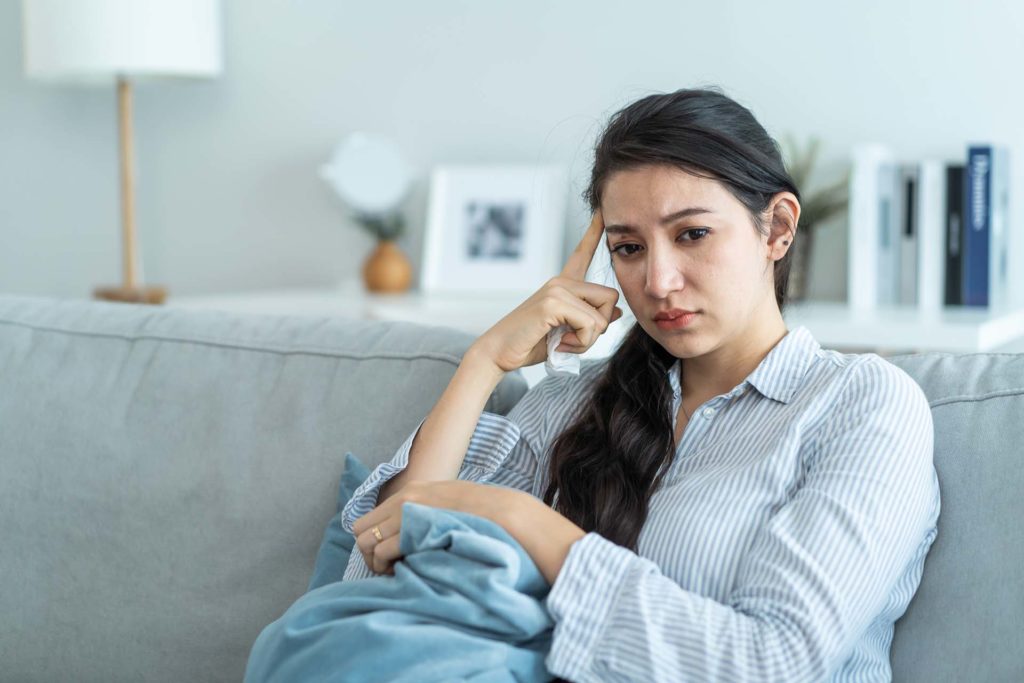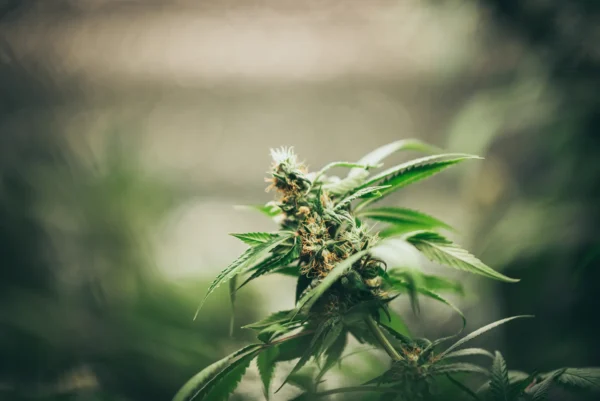Anxiety disorders, like generalised anxiety disorder (GAD), panic disorder, and social anxiety disorder (SAD), are becoming more common worldwide. Around 301 million people, or 4.05% of the global population, suffer from these conditions, creating a big challenge for both individuals and society.
Common Treatments for Anxiety Disorders
To treat anxiety disorders, doctors often prescribe medications such as selective serotonin reuptake inhibitors (SSRIs), serotonin and noradrenaline reuptake inhibitors (SNRIs), pregabalin, and benzodiazepines. They also recommend psychological therapies like cognitive behavioural therapy (CBT).
While some of these treatments may help, some individuals may continue to be affected by symptoms of anxiety or are unable to stand some of the possible side effects.
Research on CBD for Symptoms of Anxiety
Cannabidiol (CBD) is a compound found in the cannabis plant. Research has been conducted on animals which suggests that CBD might influence anxiety signals in the brain. However, there is still not enough research on its effects in humans. Studies of SAD using doses of 300-600 mg of CBD have shown associated reductions in reported anxiety when exposed to a stressful task, such as public speaking. However, there have been too few assessments of the long-term use of CBD for anxiety. Therefore its true effects are not yet known.
The authors of a recent study aimed to explore the effects of CBD in people with mild to moderate anxiety disorders. To achieve this, they compared a nanodispersible CBD oral solution with a placebo treatment.
Study Design and Methods
This study was a phase III trial, conducted from January 2023 to December 2023 at ten sites in India. It included 178 patients with mild to moderate anxiety, divided into two groups: 89 received the CBD solution, and 89 received a placebo. The study lasted about 15 weeks, and 171 patients completed it.
Participants in the CBD group took a 150 mg/ml CBD oral solution, while the placebo group took a similar-looking placebo solution. The primary measures of success were the Generalised Anxiety Disorder-7 (GAD-7) and Hamilton Anxiety Rating Scale (HAM-A) scores. Secondary measures included the Clinical Global Impression-Improvement (CGI-I), Clinical Global Impression-Severity (CGI-S), Patient’s Health Questionnaire-9 (PHQ-9), and Pittsburgh Sleep Quality Index (PSQI).
Study Results
GAD-7 and HAM-A Scores
From week 2, the GAD-7 scores in the CBD group changed from 11.8 ± 1.52 to 3.1 ± 1.06 in week 13. In contrast, the placebo group’s scores remained almost the same, from 11.2 ± 1.43 to 11.8 ± 1.75. The HAM-A scores also changed in the CBD group, from 18.9 ± 2.62 to 7.34 ± 1.77, while the placebo group’s scores stayed stable.
Secondary Outcomes and Safety
The CBD group also showed greater changes in CGI-I, CGI-S, PHQ-9, and PSQI scores compared to the placebo group.
Out of 178 participants, 41 experienced at least one minor side effect, but none were serious.
Conclusions
The study found that taking 300-600 mg of a nanodispersible CBD oral solution for 12 weeks was associated with a change in anxiety symptoms in individuals with mild to moderate anxiety disorders when compared to placebo. There were no severe adverse events.
The researchers concluded that it is important to continue studying CBD in anxiety and other psychiatric disorders. In particular, it is important to compared CBD against first-line treatments to compare efficacy and safety. Moreover, it is important to understand the effects of long-term prescribing, different formulations (flower, pastilles, vape cartridges etc.), and the effect when combined with other cannabinoids (i.e. tetrahydrocannabinol) and other compounds from the cannabis plant (i.e. terpenes and flavonoids).





